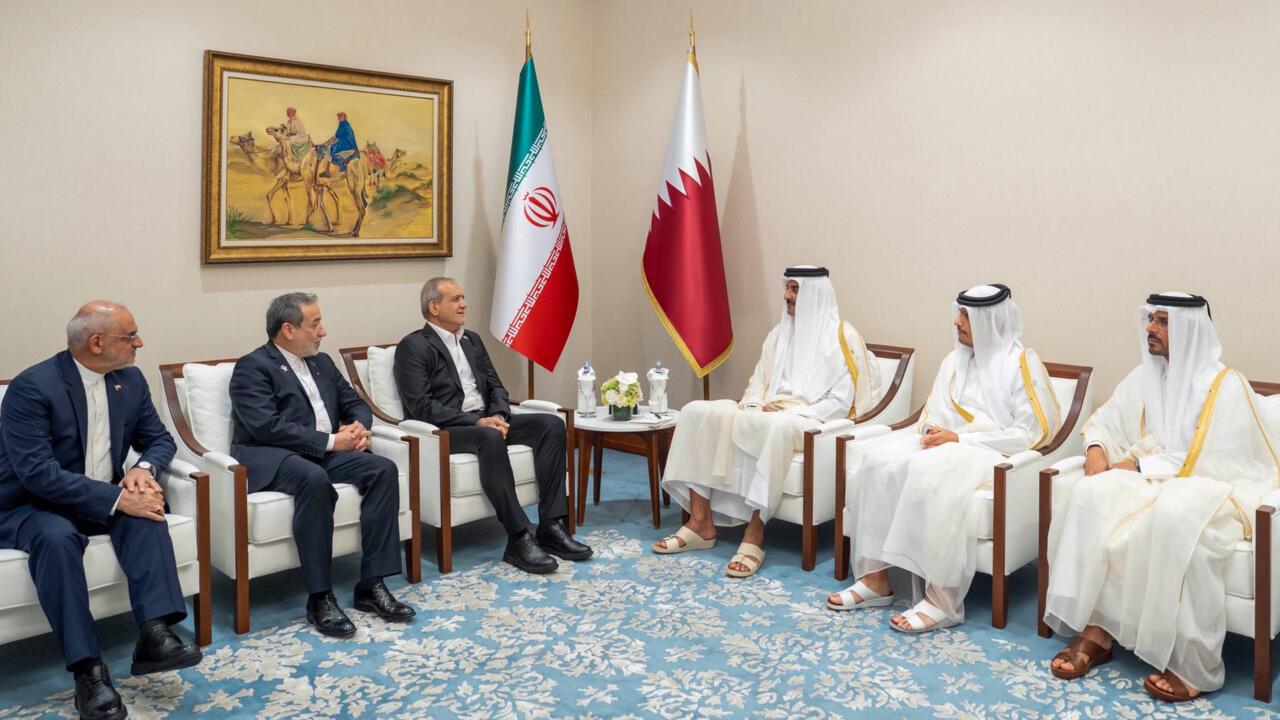Arab Summit Fails to Unite Over Israeli Strike in Qatar
The Arab Summit in Doha failed to reach consensus on a unified response to the recent Israeli airstrike in Qatar, exposing deep divisions among member states.

Arab leaders convened in Doha on September 15, 2025, for an emergency summit following an unprecedented Israeli airstrike on Qatari soil, but the meeting ended without a unified statement or coordinated action, according to official communiqués and regional media reports. The summit, called by Qatar’s Emir Sheikh Tamim bin Hamad Al Thani, aimed to forge a collective Arab response to what Qatari officials described as a "flagrant violation of sovereignty." However, divergent national interests and longstanding political rifts hampered efforts to present a united front.
Discord Among Member States
While Qatar and several Gulf states condemned the Israeli strike in strong terms, other influential members, including Egypt and Saudi Arabia, advocated for restraint and urged further investigation before escalating diplomatic or economic measures. According to the official summit transcript released by Qatar’s Ministry of Foreign Affairs, proposals for joint sanctions and a regional security pact were tabled but failed to gain consensus. Al Jazeera Arabic reported that some delegations expressed concern about jeopardizing existing security arrangements and economic ties with Western allies.
International Reactions and Regional Implications
International outlets such as Le Monde and The Guardian highlighted the summit’s inability to produce a joint communiqué, noting that the lack of unity could undermine Arab leverage in future negotiations with Israel and its allies. The United Nations issued a statement urging all parties to exercise restraint and pursue dialogue, while the U.S. State Department called for a "thorough and impartial investigation" into the incident. Analysts cited by Al-Quds Al-Arabi warned that the divisions within the Arab League could embolden further unilateral actions in the region.
Local Outrage and Calls for Action
In Qatar, public outrage was palpable, with local media and civil society groups demanding stronger measures against Israel. The Qatari daily Al Raya published editorials calling for an immediate boycott and suspension of diplomatic ties, reflecting widespread frustration with the summit’s outcome. Meanwhile, opposition figures in Lebanon and Jordan criticized their governments for what they described as "timid" responses, arguing that the failure to act decisively could set a dangerous precedent.
As the dust settles, the Arab League faces renewed scrutiny over its ability to coordinate effective responses to regional crises. The summit’s outcome underscores the persistent challenges of forging unity among diverse member states, especially in the face of escalating external threats.
Sources
-
وزارة الخارجية القطرية بيان وزارة الخارجية القطرية حول القمة العربية الطا...
-
الجزيرة قمة الدوحة العربية تفشل في التوصل إلى موقف موحد بش...
-
The Guardian Arab League summit ends without consensus on Israe...
-
Le Monde Sommet arabe à Doha : divisions persistantes après...
-
الراية الغضب الشعبي في قطر بعد فشل القمة العربية في الرد...
-
القدس العربي الأمم المتحدة تدعو لضبط النفس بعد الضربة الإسرائيل...